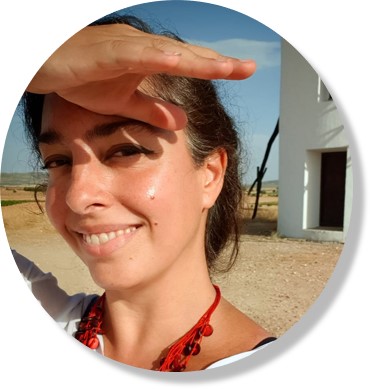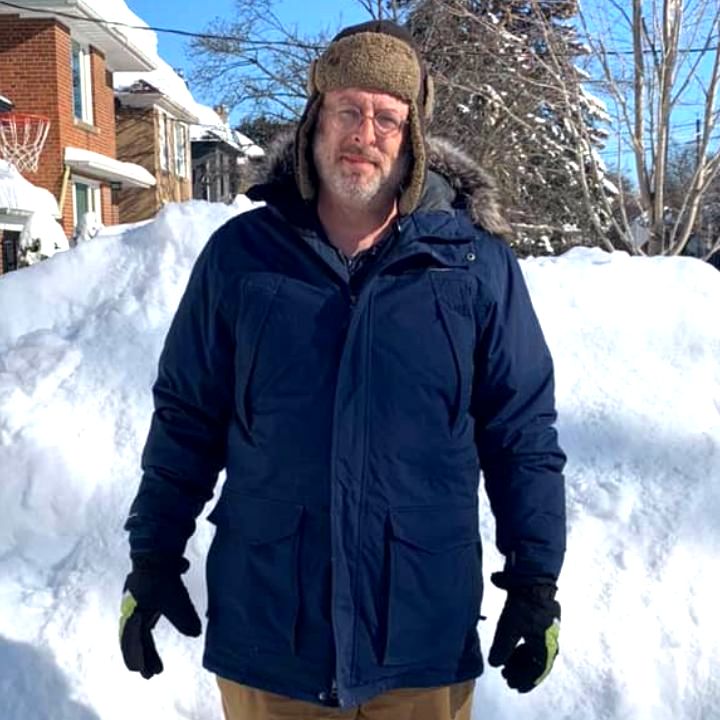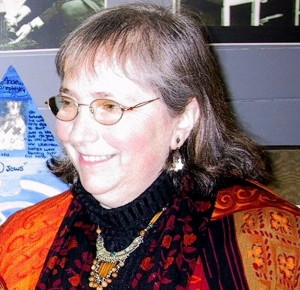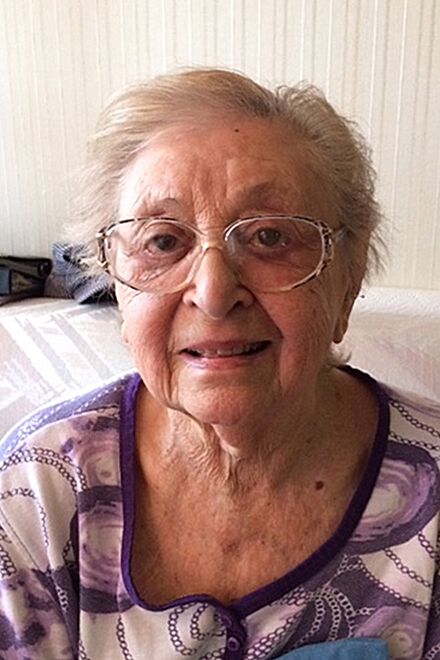February, 25th 2022 – Shabbat is almost here
And yesterday it was the International Holocaust Remembrance Day and we will listen to some pieces from the project “Silent Tears: The Last Yiddish Tango”.
 Hello, how are you? I hope well. Yesterday, on the occasion of the International Holocaust Remembrance Day, it took place an online event produced by Daniel Rosenberg, called “Silent Tears: The Last Yiddish Tango”, which had the support of the Canada Council for the Arts, the Ontario Arts Council, and the Toronto Workmen’s Circle Foundation.
Hello, how are you? I hope well. Yesterday, on the occasion of the International Holocaust Remembrance Day, it took place an online event produced by Daniel Rosenberg, called “Silent Tears: The Last Yiddish Tango”, which had the support of the Canada Council for the Arts, the Ontario Arts Council, and the Toronto Workmen’s Circle Foundation.
I have to say I cried a couple of times while watching it. The project moves many emotions, but not only sadness or anger, it also makes you reflect on ideas such as generosity, fortitude and, of course, the need to remember in order to never repeat the systematic, depraved and sophisticated violence that originates the commemoration of yesterday’s date.
Wishing you to enjoy the music is not enough today. Experiment with these pieces of art and find a use for them. I have found mine but I don’t want to bias you, you will find yours.
Then, please, spread the word.And note that these weekly emails are also posted in the website www.musicbeforeshabbat.com
About Silent Tears: The Last Yiddish Tango
The description of the event I mentioned above, and that you have available here is a great introduction, so I will copy it literally:
In the 1990s, Dr. Paula David (University of Toronto, Social Work and Gerontology) began a project listening to women Holocaust survivors at the Baycrest Geriatric Centre. Dr. David encouraged them to write poetry to help deal with their trauma. Now, for the first time, these women’s stories will see the light of day in the form of Yiddish music.
Here I should mention again that the executive producer of this event and, in general, of the overall project, is Daniel Rosenberg. He has appeared in MBS on previous occasions, for example, in this edition dedicated to the Yiddish Glory project.
Daniel told me about this project already in spring 2019, when I had the opportunity to meet him in person in Toronto. I am so happy that the project is moving forward!
At the event we watched several music videos, which Daniel described with these words:
- “A Victim of Mengele“, with Lenka Lichtenberg, about what it was like being a victim of sexual violence and human experimentation.
- “Silent Tears“, with Aviva Chernick, about a mother who goes and tries to steal food for her starving children, and becomes separated from them.
- “The Numbers on my Arm“, with Aviva Chernick too, about a Holocaust survivor who wants to hide the numbers branded on her at Auschwitz, even in the hot Canadian summers. She looks in the mirror, sees the resemblances to her murdered parents and grandparents, and is heartbroken that she is unable to have children of her own. That will premiere tomorrow as well.
- A new version of the Yiddish classic, “Vi Ahin Zol Ikh Geyn“, which means “Tell Me Where I Can Go”, sung by Olga Mieleszcuk. The original was also about there being no place in the world that is safe for Jews. For this new piece, Olga added lines about how Molly Applebaum and her cousin Helen were buried underground on that farm in Poland. So, this will be called “Vi Ahin Zol Ikh Geyn/Tell Me Where I Can Go – When I’m Buried Underground”

Daniel Rosenberg kindly explained to me the background of the project: I have stolen this picture from his Facebook profile. These are his words:
 “I met Dr. Paula David after a Yiddish Glory lecture-concert in Toronto in 2019 at Naivelt (a leftist Jewish retreat north of Toronto that has quite a storied little history: https://en.wikipedia.org/wiki/Camp_Naivelt).
“I met Dr. Paula David after a Yiddish Glory lecture-concert in Toronto in 2019 at Naivelt (a leftist Jewish retreat north of Toronto that has quite a storied little history: https://en.wikipedia.org/wiki/Camp_Naivelt).
It was there where professor Anna Shternshis introduced me to her. Dr. David’s field of research is about how to treat elderly victims of war deal with their lifelong traumas – especially victims of torture and sexual violence. Paula and I went to have coffee (back in the “before times” when people could have coffee and not have to worry about the pandemic). She told me that so many of the elderly Holocaust survivors that she treated had kept these horrific stories to themselves – worried that they’d be a burden to their loved ones. The group poetry project was helpful in healing from these experiences. So, that’s when we began collaborating. Most of the poets involved in her project have passed away (Dr. David tells me that one of the daughters from the “Silent Tears” song is still alive).
About the project: We are just about finished recording the album (that features Aviva Chernick, Lenka Lichtenberg, Olga Mieleszczuk and Payadora Tango), and Silent Tears will be released later this year. We are also hoping to do a special concert at the Baycrest Centre for Geriatric Care in June for elderly residents who live there (that’s where many of the poems that became the material for the project were composed).
Women and children are often the first victims of war, and their experiences and perspectives don’t often make it into history books. These particular stories were even hidden from their families for decades. Our goal is to help them share their stories with future generations.”
I will be happy to announce the release of the album when the time comes.

About Dr. Paula David
The picture 👉 of Dr. David is from the website of Kavod.
Dr. Paula David participated in the event. About her, from the website of the Faculty of Social Workds of the University of Toronto:
“Both her area of research and her front line work focus on issues related to aging Holocaust survivors and the impact of early life trauma on aging. She was Coordinator of the Holocaust Resource Project at Baycrest Centre for Geriatric Care for over 20 years, and has worked extensively with Holocaust survivors, providing group work, individual counselling and program development. With a background in adult education and community organization, she has developed teaching modules for professional staff working with survivors of genocide and clinical issues of post-traumatic stress disorder.”

About Molly Applebaum
“In the fall of 1942, roundups of Jews in Dąbrowa Tarnowska, Poland, lead twelve-year-old Molly Applebaum and her cousin Helen to find refuge on a nearby farm, where their only hope for survival is to be hidden away underground — in a box. Confined “in a grave” from 1943 to early 1945, Molly has only her older cousin and her diary to keep her company.” Introduction by Jan Grabowski to the book Buried Words: The Diary of Molly Applebaum.
Molly Applebaum have been mentioned above, when talking about the song sung by Olga Mieleszcuk. Molly was born in Krakow in 1930 and she lives in Toronto. She wrote her memories in 1990.
To learn more about her and her book, you can read Introduction to Buried Words: sexuality, violence and Holocaust testimonies, by Stephanie Corazza and, or course, the book. The picture is from the website of the Azriely Foundation.
About the piece
You can wach the videos of the four mentioned songs, on the Facebook event. Here I will embed one of them, “Silent Tears”.
As explained by Dan Rosenberg, ““Silent Tears” is composed by Rebekah Wolkstein, violinist of Payadora Tango. It is based on a poem from the Terrace Holocaust Survivors Group led by Dr. Paula David (University of Toronto) at the Baycrest Centre for Geriatric Care. It tells the story of a mother and her three children who were on the run from Nazis, hiding in a forest – and starving. So, the mother goes to a village to try and steal some bits of food for her kids and they become separated. It is performed by the singer Aviva Chernick with The Payadora Tango Ensemble.”
LYRICS
| Hiding all the time, in the forest, four days alone Three children are starving There is nowhere to go I had to leave them there and look for crumbs of food in the village I went, in mortal danger and came back, and they were not thereThey’re not there I cannot scream I cannot call for them They have to be quiet Each noise means death They will not come back They will be caught They will be shot I will be shot |
Then a miracle happened I looked for them – and here I found my daughters They were sitting in the forest I kissed their faces Salt on salt Silent tears fall All the silent tears From my beloved eyes Tears, silent tears |
| Share this with a friend, right from here |
